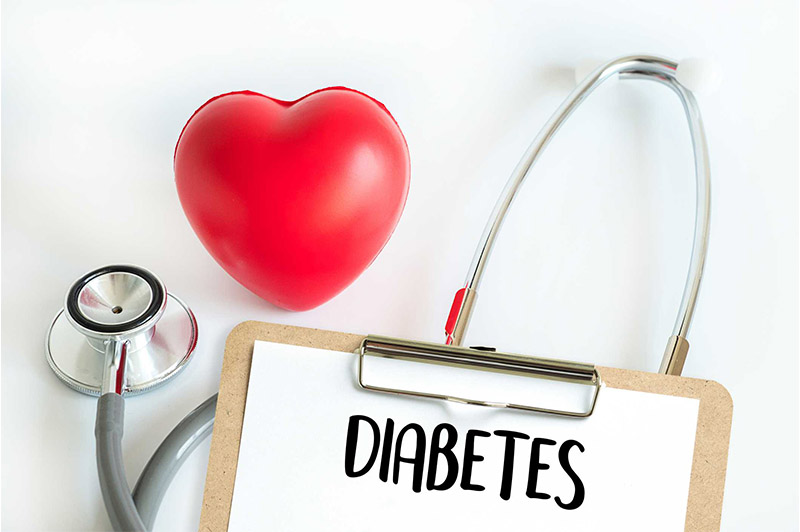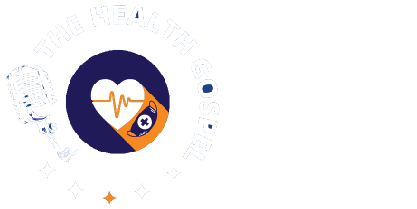
DIABETES MELLITUS SERIES 5
The complications of diabetes may arise suddenly or over a long period. It affects almost every organ in the body from the head to the foot.
ACUTE COMPLICATIONS
Complications that arise suddenly are
- Hyperglycaemia: This is when blood sugar increases to very high levels. This may be caused by infections, stopping medications, or dietary indiscretions. Symptoms are:
- Increased passing of urine,
- Excessive water and food intake,
- Fever,
- Vomiting
- Body weakness and/or
- Loss of consciousness.
2. Hypoglycemia: This is when blood glucose goes too low. It may result from taking an overdose of medications or inadequate food intake after medications. Symptoms are:
- The shakiness of the body
- Dizziness
- Increased heartbeat
- Hunger
- Sweating,
- Body weakness and/or
- Loss of consciousness.
CHRONIC COMPLICATIONS
Problems that occur over time are long-term or chronic complications. Unfortunately, some people will be diagnosed for the first time only after they have developed long-term complications.
Eye problems:
Diabetes can affect different parts of the eye resulting in blurred vision or loss of vision.
High levels of blood glucose also get into all body fluids including the fluid inside the eye called aqueous humor. Your lens, which is a thin transparent structure that covers the middle dark part of your eyes, is in contact with this fluid. With high sugar levels in this fluid, your lens begins to absorb fluid and become opaque (cataracts) thereby resulting in reduced entry of light to the back of your eye (retina). This causes blurred vision.
Diabetes also damages the small vessels that take blood to your retina. A reduced blood supply to your retina leads to poor vision which may progress to blindness. Having an increase in blood sugar that is not treated for a long time, advancement in age, and additional diseases like hypertension makes poor vision in both eyes progress faster.
This mostly has no symptoms in the early stages, hence the need for routine eye checks. Symptoms in the advanced stages are:
- Blurred vision,
- Seeing double,
- Seeing dark or whitish particles floating around that others can’t see (floaters) and
- Sudden vision changes.
Eye problems can be treated by your eye doctor if caught early before the individual becomes completely blind.
Brain problems
Diabetes causes damage to blood vessels in your body including those that take blood to your brain. This means they become hard and narrow. A narrow blood vessel easily gets blocked when a small blood clot passes through it (ischaemic stroke) or it may burst because it can’t expand easily to accommodate blood passing through causing bleeding into the brain (haemorrhagic stroke).
This may cause
- Weakness or heaviness of one side of the body,
- dizziness,
- headache,
- vomiting,
- inability to speak and/or understand
- problems with seeing.
The part of the brain affected determines the symptoms. This can be treated.
When a narrow blood vessel is blocked in the brain, it is called a stroke, if it happens in the heart, heart attack.
Heart problems
A common symptom of heart attack is left-sided chest pain that feels like a heavy object is placed on your chest. This pain is persistent and may involve your jaw, left shoulder, and arm.
If you have had diabetes for years with damage to your nerves, this might mean that you feel little or no pain where you should feel excruciating pain. Hence, you may not feel pain when you’re having a heart attack.
Other symptoms of heart attack are
- chest discomfort that doesn’t go away,
- feeling out of breath,
- feeling as though something tragic is about to happen and
- sweating profusely.
This is treatable with drugs and some procedures.
Nerve damage problems (Neuropathies)
Nerves are like tiny pipes that carry messages from your body to your brain and vice versa. Your ability to feel sensations such as pain, heat, cold, and touch rests on the proper functioning of these nerves to send and receive the right messages from your brain.
Nerve damage in diabetes may affect nerves supplying your:
- hands and legs (diabetic foot ulcer)
- intestines (gastroparesis- reduced movement in your digestive system making food stay too long in your stomach)
- heart (sudden changes in blood pressure and heartbeat and low blood pressure when you stand from a lying down or sitting)
- bladder (Urine retention- from an inability to feel pressed to pass urine)
- sexual organs (difficultly with getting an erection), and
- sweat gland (excessive or lack of sweating).
Diabetic foot ulcer
Nerve damage may cause numbness in your hands or legs such that you don’t feel it when you sustain an injury. In addition, narrow blood vessels supplying the legs mean reduced blood supply.
A little wound on the leg can easily become big and infected, resulting in a diabetic foot ulcer, which if not properly treated at the onset may lead to amputation of the limb. This is the reason foot care is very important.
A diabetic foot ulcer is not caused by stepping on poison or black magic. It is mostly from a wound that was not discovered in time due to nerve damage, coupled with poor blood glucose control and infection of the wound which further slows down the natural healing process.
In some localities in Africa, people apply different types of traditional remedies to the wound which increases the risk of infection, prolongs wound healing, and may even cause decay or death of the limbs. When this happens, the limbs turn dark and may lead to death if not removed immediately, as the dead limb will continue to release toxic substances into the blood.
Kidneys
Diabetes mellitus may damage your kidneys and cause them to stop working.
Symptoms of kidney failure are:
- Swelling of your face and body
- Reduced urine production
- Abdominal swelling and pain
- Body weakness due to low blood levels
Complications occur earlier in the course of the disease and frequently when there is poor dietary and glucose control. However, with strict dietary, drug compliance, and lifestyle changes, the onset of complications can be delayed for a long time.
This is the end of the Diabetes mellitus series. We are open to questions and would gladly clarify any area you are confused about. Kindly use the comment sections. Thank you.




